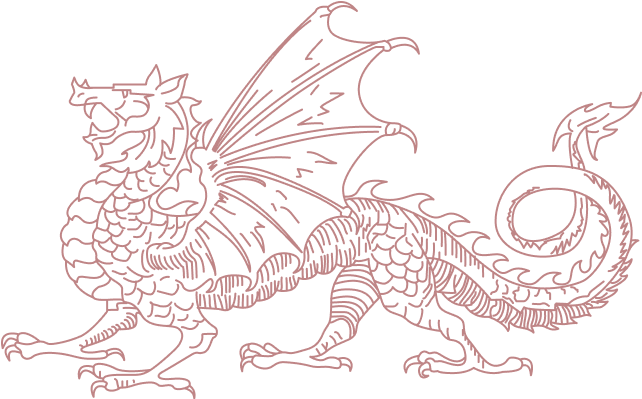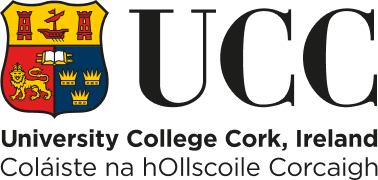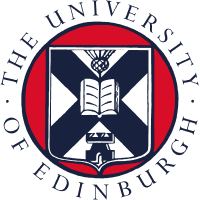Partners



Aalto University will coordinate CHRYSES through the Aalto Visual Communication Design (AVCD) research group, which is currently participating in several interdisciplinary European and national research projects. AVCD brings expertise in visual narratives, narrative enquiry methods, and anthropology-based sensory studies to support research in this project. AVCD has proven track-records in visualization research in general, and map visualizations in particular. This will include research and practical knowledge related to the visual design, development, and user evaluation of spatio-temporal visualizations in fields such as public health, environment, and sustainability.

University College Cork (UCC) is a constituent university of the National University of Ireland. UCC brings to CHRYSES expertise in mythology and traditional cosmologies, narrative enquiry methods including ethnographic skills, ecocultural studies and human-environment relations, particularly in landscape lore. UCC will contribute to the project by conducting workshops with the members of the general public and policy-makers to focus on mythical representations of events, places, and understandings of environmental heath crises, and to create new maps that incorporate these representations, with the aim of identifying how the lessons learned in generating these representations can help future policy-making for addressing environmental heath crises.

The University of Edinburgh is one of the world’s top universities. The Centre for Global Health at Usher Institute, where the project research will be conducted, focuses on improving the quality of, and access to, health globally by improving understanding, innovating and sharing knowledge. The Centre will contribute to CHRYSES by conducting studies of the uses of maps in creating scientific understandings of EHC, collaborating in the development of a methodological framework to support map design in these contexts, and contributing to the organisation of workshops to investigate and foster public understandings of EHC.

The Estonian Literary Museum (ELM) is an Estonian state research and development institution administered by the Estonian Ministry of Education and Research, also operating as a state central scientific memory institution, administering essential scientific archives of cultural history and folklore (folkloristics) as well as collections of Estonian national publications and rare old books, providing for their strategic development, supplementation, preservation and accessibility, and offering various information services to the whole of society. ELM will play an important role in CHRYSES, particularly through various research workshops, in the development and testing of mental mapping methods, as well as expertise in working with media.

University College London (UCL) will contribute to CHRYSES through its Extreme Citizen Science and People Nature Lab groups, both of which consist of researchers with interdisciplinary geographic expertise. These researchers also have in-depth knowledge, and many years of experience, in the development and utilisation of mapping interfaces to engage communities and members of the public in various contexts such as environmental and health crises, both in the Global North and South. In addition, UCL brings to CHRYSES a very extensive network of communities which are willing to engage in research targeting global challenges, as well as a global network of scholars and practitioners who work with mapping interfaces in participatory contexts and would contribute to the outcomes of this project and further utilise them.

Reveel aims to make on-site exploration easier than ever before by providing information to visitors. Reveel will support CHRYSES through its DigiMuseo online platform to showcase the project XR exhibition. The DigiMuseo online platform aims to deliver museum content in an inspiring way to visitors anytime and anywhere, as well as providing the public with a two-way channel to share their own knowledge and stories.